Even in people with signs of Alzheimer’s and other dementia, a new study found exercise boosted proteins in the brain that may prevent cognitive decline.
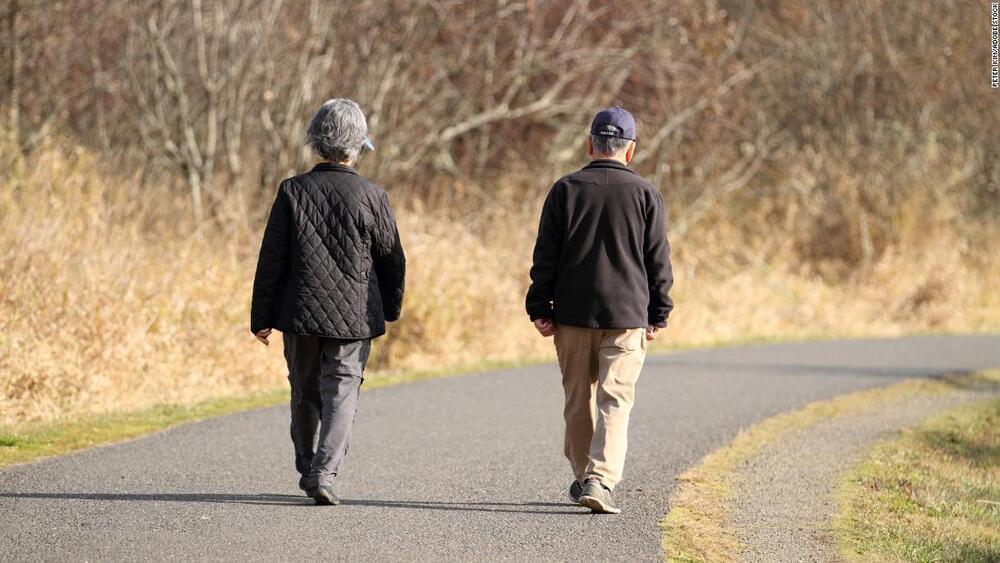

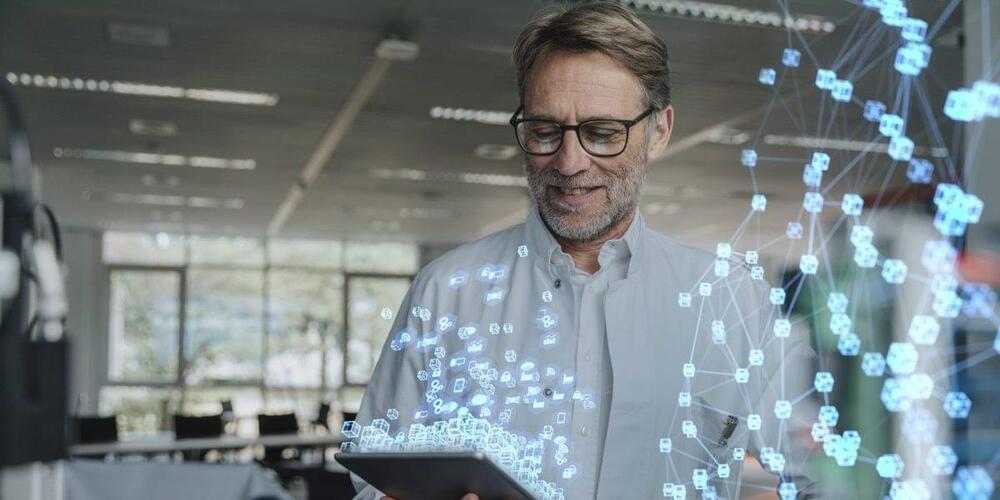
Chief information security officers’ (CISOs) greatest challenge going into 2022 is countering the speed and severity of cyberattacks. The latest real-time monitoring and detection technologies improve the odds of thwarting an attack but aren’t foolproof. CISOs tell VentureBeat that bad actors avoid detection with first-line monitoring systems by modifying attacks on the fly. That’s cause for concern, especially with CISOs in financial services and health care.
Enterprises are in react mode
Enterprises fail to get the most value from threat monitoring, detection, and response cybersecurity strategies because they’re too focused on data collection and security monitoring alone. CISOs tell VentureBeat they’re capturing more telemetry (i.e., remote) data than ever, yet are short-staffed when it comes to deciphering it, which means they’re often in react mode.

Our gut microbiome helps us out every day by processing the fiber we can’t digest. The bacteria ferment the fiber into key chemicals known as short-chain fatty acids, or SCFAs, that are essential for human health. SCFAs fight inflammation, help kill dangerous bacteria, protect the lining of the gut, and can even help prevent cancer.
In a new study, the John Denu lab at the University of Wisconsin-Madison’s Wisconsin Institute for Discovery has learned that the fatty acids butyrate and propionate also activate p300, a crucial human enzyme that promotes the unspooling of DNA. This unwound DNA allows more genes to become active and expressed, which ultimately affects human health.
A study by Wisconsin Institute for Discovery researchers challenges long-held beliefs, with potential implications for physiological processes and diseases such as propionic acidemia, autism spectrum disorder and Alzheimer’s disease.



Hackers breached the computer networks of a southeast Florida health care system in October and may have accessed sensitive personal and financial information on over 1.3 million people, the health care system announced this week.
Social Security numbers, patient medical history and bank account information are among the data that have been exposed in the breach of Broward Health, a network of over 30 health care facilities serving patients across roughly 2 million-person Broward County, Florida, according to a notice the health care provider filed with the Office of the Maine Attorney General.
About 470 of the data breach victims live in Maine. Like other states, Maine law requires organizations that hold state residents’ personal data to file a disclosure when they’ve been hacked.
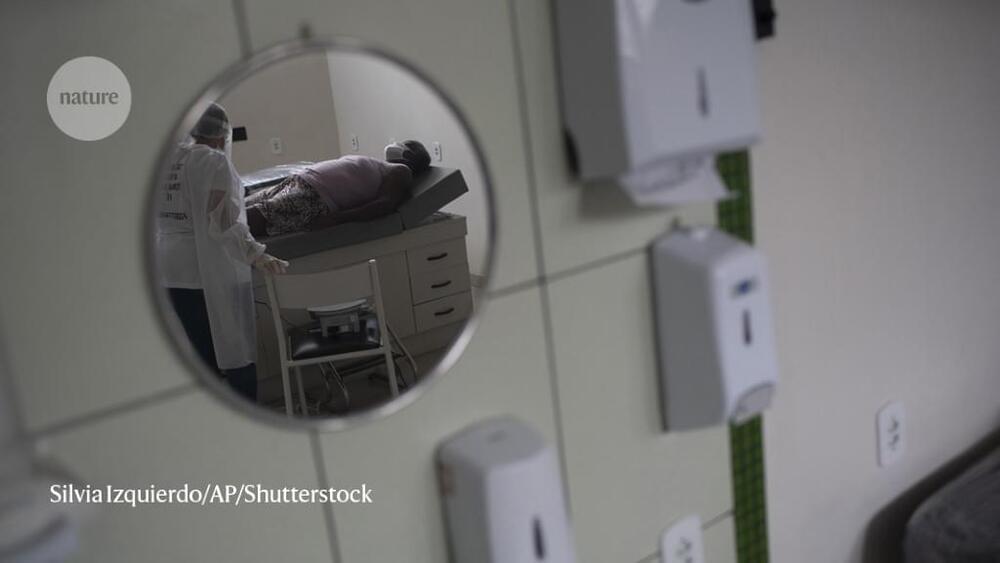
A cheap, widely available drug used to treat mental illness cuts both the risk of death from COVID-19 and the need for people with the disease to receive intensive medical care, according to clinical-trial results1. The drug, called fluvoxamine, is taken for conditions including depression and obsessive-compulsive disorder. But it is also known to dampen immune responses and temper tissue damage, and researchers credit these properties with its success in the recent trial. Among study participants who took the drug as directed and did so in the early stages of the disease, COVID-19-related deaths fell by roughly 90% and the need for intensive COVID-19-related medical care fell by roughly 65%.
Study co-author Angela Reiersen, a psychiatrist at Washington University School of Medicine in St Louis, Missouri, has long been interested in using fluvoxamine to treat a rare genetic condition. While monitoring the fluvoxamine literature before the pandemic, she came across a 2019 study showing that fluvoxamine reduced inflammation in mice with sepsis2. When COVID-19 hit, “I immediately thought back to that paper with the mice,” she says.
Reiersen and her colleagues partnered with the organizers of the TOGETHER Trial, which aims to identify approved drugs that can be repurposed to treat COVID-19. The team’s study included 1,497 people in Brazil who had COVID-19 and were at high risk of severe disease. Roughly half received fluvoxamine, and the rest received a placebo.
The trial’s results, published on 27 October, mean that fluvoxamine is one of a handful of therapies that show strong evidence of preventing progression from mild to severe COVID-19. The only early-stage treatments currently recommended by the US National Institutes of Health are monoclonal antibodies, which are costly and difficult to administer in an outpatient setting.

If you had a few hundred experiments to manage during your days in space, how would you blow off steam in your spare time?
A badminton match was the activity of choice for International Space Station astronauts and spaceflight participants during the holidays. You can catch a short video of the activities of several crew members of Expedition 66 below; make sure to rotate it so you can watch the crew members working in 360 degrees.
The module they are using is the Japanese Kibo module, which is a common location for crews to conduct press conferences. The Kibo module also has a little more space for physical activities than some of the other ones, especially since there are no laptops or delicate experiments crowding the walls.
Space agencies around the world ask their astronauts to exercise for about 90 minutes to two hours a day, which does everything from keeping their bones and muscles secure for Earth living again, to providing mental well-being.
While the match was all in good fun, professional astronauts have a long-term goal of studying medicine on the International Space Station, both to prepare for long-duration missions to the moon and also to help seniors on Earth.
Full Story:
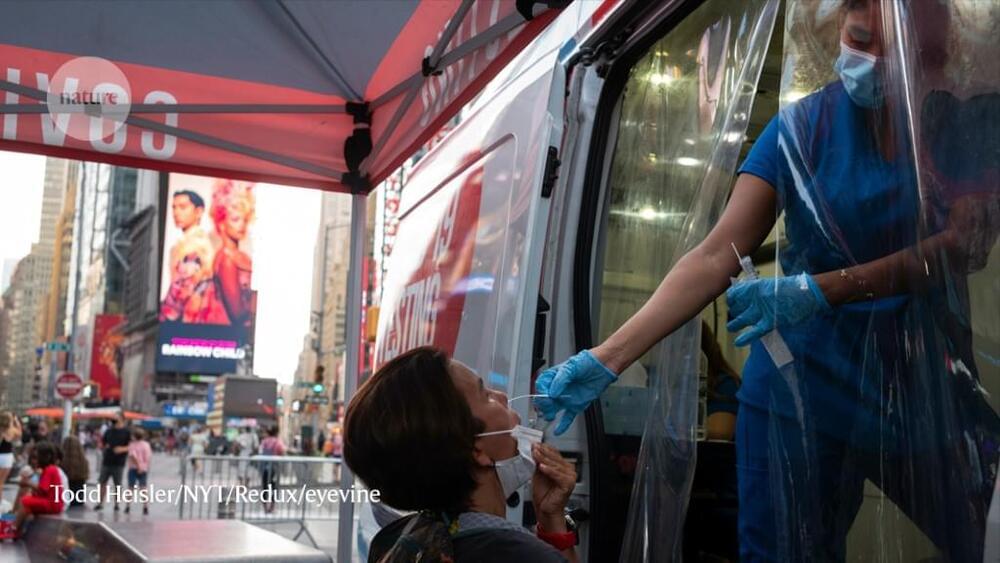
The definition of precision public health is sprawling and variable: for most researchers in the field it includes a sweep of data-driven techniques, such as sequencing pathogens to detect outbreaks and turbo-charging data collection to monitor harmful environmental exposures. It also encompasses an ambition to target interventions to specific people who need them.
Some public-health researchers are embracing data and technology to target small groups with precise health interventions. Others fear that these tactics could fail millions.
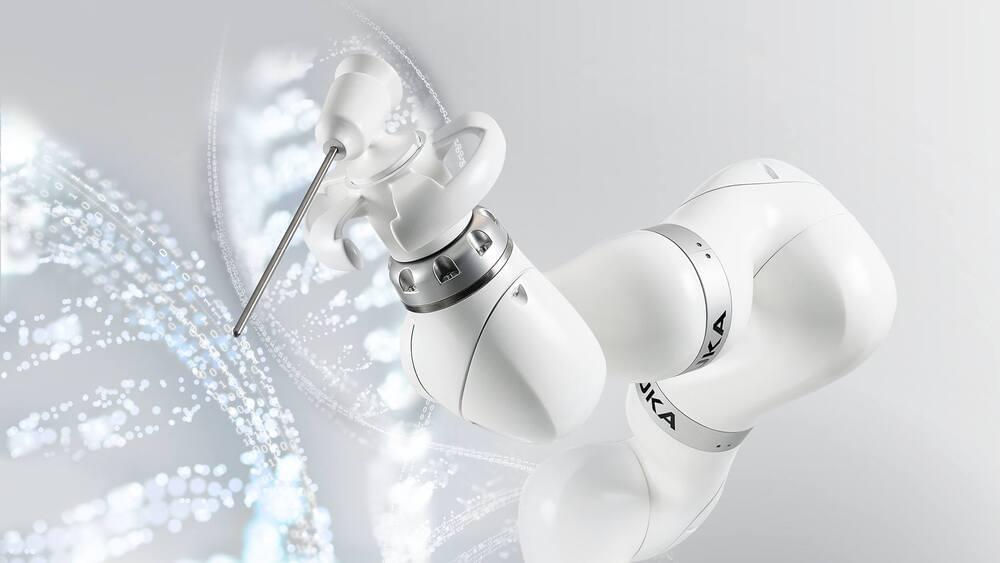
The “Robotics in Healthcare” Challenge is about the interaction of robotic systems with humans in medical applications. For this purpose, we are looking for ideas around the topic of diagnosis, rehabilitation and treatment in the healthcare and nursing sector. We encourage participants to submit a concept that uses a robotic system to improve the ability to monitor health and prevent, detect, treat, and manage disease, as well as to test and demonstrate new models and tools for health and care delivery. We are looking for solutions that will enable new robotic use cases for the future of healthcare. You can win 20,000 Euros.
Call for Participation: Until 7 January 2022 you can apply with your innovative concepts to the Medical Robotics Challenge!